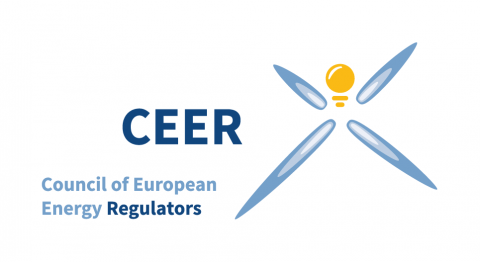The paper from Council of European Energy Regulators “CEER Paper on Alternative Connection Agreements ,” – 2023 – ceer.eu, references three of our project’s deliverables (D1.1, D1.3, D5.1). The EUniversal work has been acknowledged and utilized as a significant core reference in this publication.
This paper aims to assist regulatory decision-making regarding alternative connection agreements by:
• Describing the relevant legal framework at the EU level
• Arguing that (alternative) connection agreements should be considered as only one of the possible mechanisms for DSOs to use the flexibility that is available in distribution networks;
• Describing a (non-exhaustive) range of alternative connection agreements that may be considered; and
• Collecting information from several countries regarding the status of alternative connection agreements.
Ten countries are examined in deliverable D1.1 of EUniversal: Belgium, Germany, Norway, Poland, Portugal, Spain and the UK are included because of their involvement in the EUniversal project. France, Italy, and the Netherlands are covered as important developments on new network users, impact studies and regulations are ongoing in these countries.
The deliverables that were included in this research go deeper into questions such as;
Which new types of network users are coming by 2030? How big is the challenge to integrate these new users into the distribution network and can the impact be reduced by flexibility mechanisms? Which regulatory flexibility mechanisms are currently in place and how do they look like? Which other intermediaries can play a role in valorizing flexibility?
Challenges and opportunities for electricity grids and market are seen and identified in deliverable 1.3 of EUniversal, crucial to anyone that wants to understand or write about energy markets and flexibility on the grid subject .
On deliverable 5.1 we analyze the identification of relevant market mechanisms for the procurement of flexibility needs and grid services
CEER was able to conclude that there are large differences between countries in the implementation, prevalence, and regulation of alternative connection agreements. Also, that NRAs need to carefully assess the interaction between alternative connection agreements and other, especially market-based, mechanisms for DSOs to access flexibility when considering their implementation.
Alternative connection agreements should be considered in the case of underdeveloped (local) flexibility markets, to prevent strategic bidding in local flexibility markets, or as a temporary instrument to connect new users that can only be connected on a firm basis once ongoing network reinforcements are realized.
A possible successful implementation of alternative connection agreements requires smart grid operation by DSOs, a well-informed NRA, and a fit-for-purpose regulatory design.






